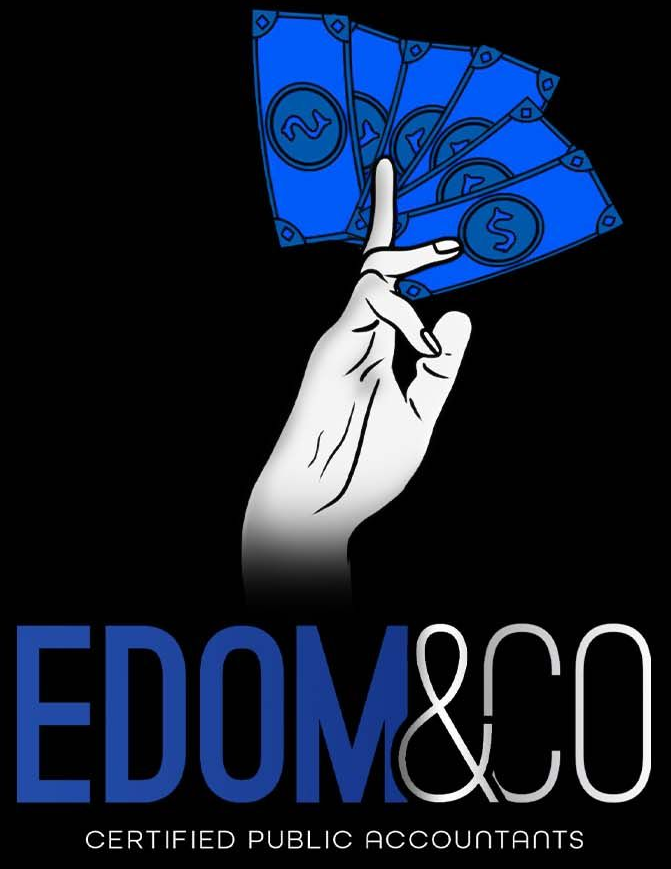Airbnb Arbitrage, Gen Z, and Taxes
What You Should Know Before Turning Rentals Into Revenue

Short-term rentals have exploded in popularity, and not just among travelers. For many in the Gen Z age demographic, they are becoming a go to side hustle. Whether it is to generate passive income or to escape the 9 to 5 hustle and bustle, more young adults are stepping into the short-term rental space in a big way.
Fun fact: Some individuals in this demographic are not even buying properties; they are leasing them. This strategy, called Airbnb arbitrage, involves renting properties from landlords and re-renting them on platforms such as Airbnb, VRBO, or Booking.com at a markup. It is legal in many states when done with transparency and within the bounds of local ordinances. This new strategy is developing quite an online following.
Although the overall concept may sound simple and prove lucrative, the tax side of the business is anything but clear-cut. If you are renting out property, owned or not, you are effectively running a business. This means you will need to be familiar with applicable tax rules, reporting requirements, and compliance risks. There are areas our Firm has expertise in and may guide, lead and implement on behalf of your business.
Here is what you should know before following the lead of Social Media’s Airbnb business experts.
What Is Airbnb Arbitrage?
Airbnb arbitrage is the practice of signing a long-term lease on a rental property and listing it on short-term rental platforms for a profit. It is attractive because it 1) requires no property ownership, 2) has relatively low startup costs (mostly furnishings and deposits), and 3)can generate significant cash flow if implemented correctly.
The landscape of short-term rentals is rapidly evolving, with digital entrepreneurs demonstrating remarkable success without traditional property ownership. Consider the case of Hailie Anderson, a 21-year-old TikTok personality, who has reportedly achieved monthly earnings of up to $180,000 by effectively managing dozens of listings across multiple cities. Her innovative approach, common among those excelling in this niche, extends beyond property management. Anderson further diversifies her income through selling online coaching programs, sharing valuable templates, and educating aspiring entrepreneurs on replicating similar business models.
Gen Z and the Rise of the Rental Hustle
The idea of “own nothing, control everything” has gained attention. From Austin to Salt Lake City to Nashville, Gen Z entrepreneurs are finding creative ways to enter the Real Estate space without buying property. Social media has played a key role, turning Real Estate management into both a business and a personal brand. However, there is another side to this successful business venture. Local laws are changing, scrutiny is increasing, and many of these operations are subject to federal, state, and local tax obligations. If you are considering entering this market, whether as a property owner or an arbitrage host, understanding your related tax responsibilities is paramount.
Tax Essentials for Vacation and Short-Term Rentals
1. Know the IRS Rules for Rental vs. Personal Use
Even if you don’t own the property, if you’re subleasing legally and generating income, the IRS treats you like a business operator.
- 14-day rule: If a property is rented for fewer than 15 days per year and used personally for more than 14 days, income is not reportable, but this rarely applies to full-time Airbnb hosts.
- If you’re running an Airbnb business, even through arbitrage, you must report all rental income and track your operating expenses accordingly.
2. Report Earnings on Schedule E
Most hosts will report rental activity on Schedule E (Form 1040). This includes:
- Rent collected via Airbnb, VRBO, Booking.com, and direct payments processors (ex, Venmo, Zelle, etc.)
- Income reported on Form 1099-K, issued for $2,500 in gross payments for 2025 and $20,000, along with 200 transactions for 2026.
Accounting Tip: Arbitrage hosts often receive dozens of small payments. Keep clean records of every transaction, especially those outside your point of sale systems and payment processor platforms.
3. Deductible Expenses (Even If You Don’t Own the Property)
Rental operators can deduct many business related expenses, such as:
- Rent you pay to the landlord
- Cleaning and property management services
- Utilities and Wi-Fi
- Furnishings, linens, and household supplies
- Insurance (if required by the lease)
- Platform fees and marketing costs
If you're subleasing with permission, your lease agreement should explicitly allow for short-term rentals. It is also advisable to create a legal business entity, such as an LLC, to manage your risk and simplify the related accounting and tax requirements.
4. Depreciation Rules Don’t Apply the Same Way
If you own the property, the IRS requires you to depreciate it over 27.5 years. However, if you are leasing the property, you generally can't claim depreciation on the building itself. You can effectively depreciate furnishings and appliances you purchase for the unit, typically over a period of 5 or 7 years.
Unsure of what qualifies? Contact us today and we will help you determine which assets are depreciable in your setup.
5. Local Taxes and Legal Risks
Many cities and states impose occupancy or lodging taxes on short-term rentals. Some require hosts to:
- Register with local housing authorities
- Collect and remit lodging taxes
- Abide by restrictions (e.g., minimum stay requirements, maximum number of listings)
And the rules are tightening. For example. New York City has essentially banned most full apartment Airbnb rentals unless guest stays are longer than 30 days. In Barcelona, the Government plans to ban all short-term rentals by 2028 in order to ease its housing crisis. Failure to comply with local laws can lead to heavy fines, canceled listings, or even criminal charges, as was the case of one New York host sentenced for fraudulent arbitrage.
Is It Worth It?
For many Gen Z hosts, arbitrage is a gateway to entrepreneurship. It requires hustle, negotiating with landlords, furnishing and marketing properties, managing cleanings, and responding to guests. The best part, it can also offer flexibility and substantial income potential. Please understand, it is not passive. It is not risk-free. It is not as simple as it looks on social media or TikTok. It is not a “get-rich-quick scheme or easy money,” Anderson admits. “But if I can help 700 people not work a 9-to-5, why not?” Running a successful arbitrage business means acting in the capacity of a business owner. This includes staying on top of taxes, licenses, leases, and changing local ordinances.
Final Thoughts
Airbnb arbitrage has created opportunities for a new generation of real estate entrepreneurs, many without access to traditional paths to ownership. It is a creative, flexible business model, but it also comes with real responsibilities. If you're managing properties, leased or owned, on short-term rental platforms, be sure to keep detailed records of income and expenses, understand applicable business deductions, and file the correct tax forms in order to stay compliant with federal and local regulations.
Contact us today
for Business Advisory, Accounting, Tax and Payroll Management Services!



